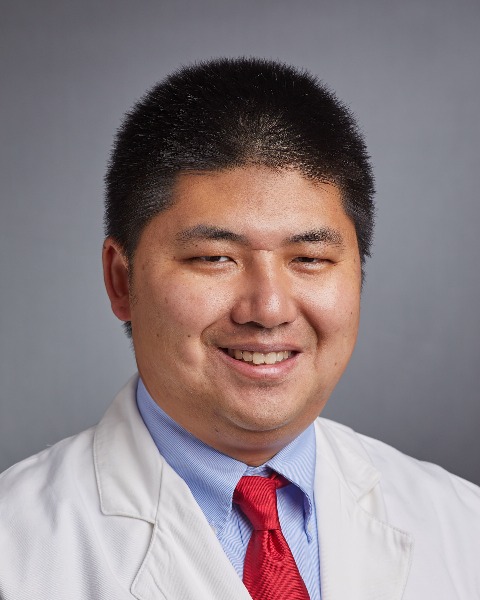Approaching ICU Families in Person Versus by Phone for Organ Donation Authorization
-

Qiang Zhang, BA
Yale University Dept of Neurology
New Haven, ConnecticutDisclosure information not submitted.
-
BM
Brandon McKown, MBA
Data Lead
New England Donor Services, United StatesDisclosure information not submitted.
-
JS
Jill Stinebring, RN, MBA
Vice President
New England Donor Services, United StatesDisclosure information not submitted.
-

David Hwang, MD, FCCM, FNCS, FAAN, MD, FCCM
Associate Professor of Neurology
Yale New Haven Hospital
New Haven, Connecticut, United StatesDisclosure information not submitted.
First Author(s)
Co-Author(s)
Title: Approaching ICU families in person vs. by phone for organ donation authorization
Introduction:
COVID-19 forced conversations between ICU patients’ families and organ procurement organizations (OPOs) by phone, as opposed to in-person. We hypothesized that a phone approach of a patient’s family would be a negative predictor of donation authorization success.
Methods:
We conducted a retrospective observational study of a database of ICU patients from 2017-2020 whose families had been approached by New England Donor Services for organ donation. We excluded approaches of registered potential donors after brain death because authorization was already secured. In addition to whether OPO approach occurred in person or by phone, we extracted data on patient and surrogate demographics, OPO representative training, and ICU-to-OPO transitions. The outcome of interest was successful donation authorization. Univariate and multivariate analyses were conducted to determine predictors of successful authorization.
Results:
Among 2240 approaches of potential organ donors, OPO approaches by phone constituted 221/1282 (17%) of successful authorizations, as opposed to 134/958 (14%) of failed attempts (p=0.04). No significant between-group differences were observed amongst racial subgroups. Amongst all successful authorization approaches, mean patient age was lower (43.3 vs. 45.1, p=0.008); and higher percentages of white/non-Hispanic patients (75.8 vs. 63.3, p< 0.001), previously registered potential DCD donors (78.2 vs. 21.8, p< 0.001), parents as the key family surrogate (43.6 vs. 33.8, p< 0.001), OPO representatives being specially trained in authorization approach (91.2 vs. 79.5, p< 0.001), and ICU-OPO collaborative donation processes (85.4 vs. 72.7, p< 0.001) were seen. Fewer unplanned mentions of donation by ICU staff were seen among successful authorizations (12.3 vs. 22.3, p< 0.001). In a multivariate model, phone approach, patient age, and unplanned hospital mentions no longer had significant associations with successful authorization, but the other variables above were all strong predictors.
Conclusions:
OPO approach by phone is not a barrier to successful organ donation. Strategies for successful approaches should focus instead on cultivating a collaborative process between ICU teams and OPOs and prioritizing the involvement of OPO representatives with special training for discussing authorization.
